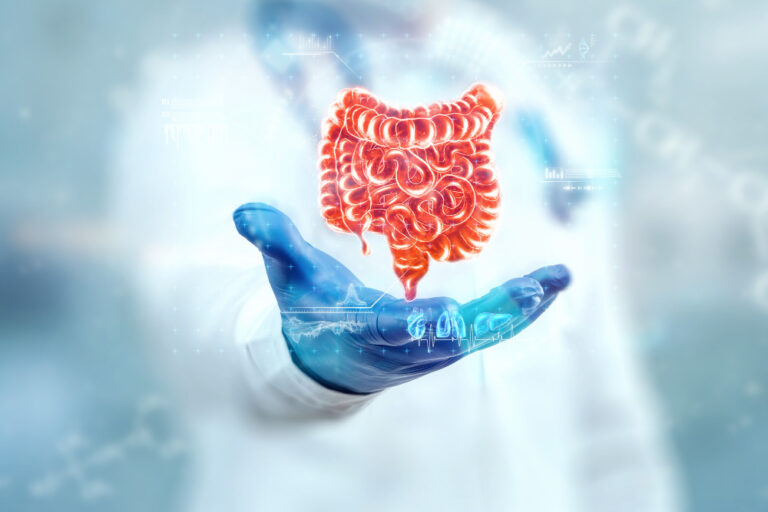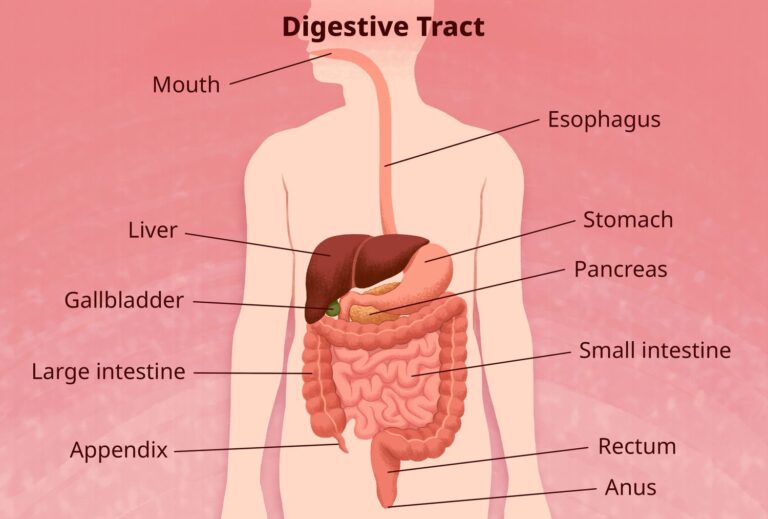The Hidden Dangers: How Tobacco Impacts Gastrointestinal Health
We all know that smoking is bad for us – it’s well known to be a leading cause of numerous health problems, including respiratory issues such as emphysema and chronic obstructive pulmonary disease, cardiovascular diseases such as heart attacks and stroke, and a number of cancers. However, many people may not be aware of the significant impact smoking can also have on the digestive system. 31 May is World No Tobacco Day, a yearly event created by the World Health Organization to draw global attention to the preventable death and disease that smoking and tobacco causes. As a gastroenterologist, I have seen first-hand the damaging effects of smoking on the digestive system and in this article, I will discuss the impact of smoking on the digestive system and why quitting smoking is critical for maintaining good digestive health.
Cancer:
Smoking is a major risk factor for a range of cancers, including those that affect the digestive system. People who smoke are more likely to develop mouth cancer, esophageal cancer, stomach cancer, colon cancer (bowel cancer) and pancreatic cancer than non-smokers. Smoking has also been shown to increase the risk of growing precancerous colon polyps. In patients with chronic viral hepatitis, smoking can increase the risk of developing liver cancer.
Acid reflux and GERD:
Smoking can weaken the lower esophageal sphincter (LES), the muscle that separates the esophagus from the stomach, making it easier for stomach acid to reflux back up into the esophagus. This can result in gastro-esophageal reflux disease (GERD) and heartburn.
Helicobacter pylori infection, Gastritis and Stomach ulcers:
Smoking increases the production of stomach acid and reduces the production of protective gastric mucus. It also increases the risk of infection of the stomach lining with Helicobacter pylori. All of these factors increase the risk of developing gastritis and stomach ulcers. Smoking also reduces blood flow in the stomach lining which can impair ulcer healing.
Crohn’s disease:
Smokers are more likely to develop Crohn’s disease (a chronic inflammatory bowel disease) than people who have never smoked. Patients with Crohn’s disease who continue to smoke are at increased risk of more disease flares, worse disease activity and more frequent need for surgery.
Dysbiosis:
There is some evidence that smoking impacts on the composition of the microbiome resulting in an imbalance of gut bacteria. Smoking also reduces production of protective mucus and may predispose to low grade chronic inflammation and “leaky gut”.
Pancreatitis:
Smoking can damage the pancreas, leading to an increased risk of developing pancreatitis.
Liver disease:
Smoking can impact on the ability of the liver to process and remove toxins from the body. It may increase the progression of certain liver diseases such as fatty liver disease and primary biliary cholangitis (PBC).
Gallstones:
There is some evidence to suggest that smoking can increase the risk of gallstone formation.
Why Quitting Smoking is Essential for Digestive Health:
Quitting smoking is one of the most crucial steps a person can take to improve their digestive health. When a person quits smoking, their body begins to heal, and the risk of developing digestive issues decreases significantly.
For example, a study published in the American Journal of Gastroenterology found that quitting smoking could reduce the risk of developing IBD by up to 50%. Another study published in the Journal of Gastrointestinal and Liver Diseases found that quitting smoking could improve liver function in patients with liver disease.
In addition to reducing the risk of developing digestive issues, quitting smoking can also improve overall health and quality of life. It can lead to better lung function, increased energy levels, and a reduced risk of various health problems, such as heart disease and cancer.
Conclusion:
Smoking has a significant impact on the digestive system, leading to various health issues and impairing digestive processes. Quitting smoking is essential for maintaining digestive health and reducing the risk of developing digestive issues, such as acid reflux, ulcers, pancreatitis and Crohn’s disease. If you are a smoker, talk to your healthcare provider about quitting smoking and the resources available to help you quit for good.
For Queries regarding Gastroenterology feel free to reach out on
hello@drneildubai.com
or
Whatsapp me at +971506708472
or
Visit me at @healthbayclinic ‘s Day Surgery Center, 977 Al Wasl Road, Dubai







